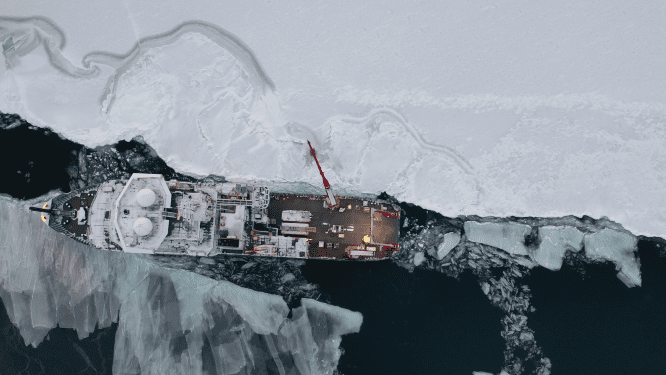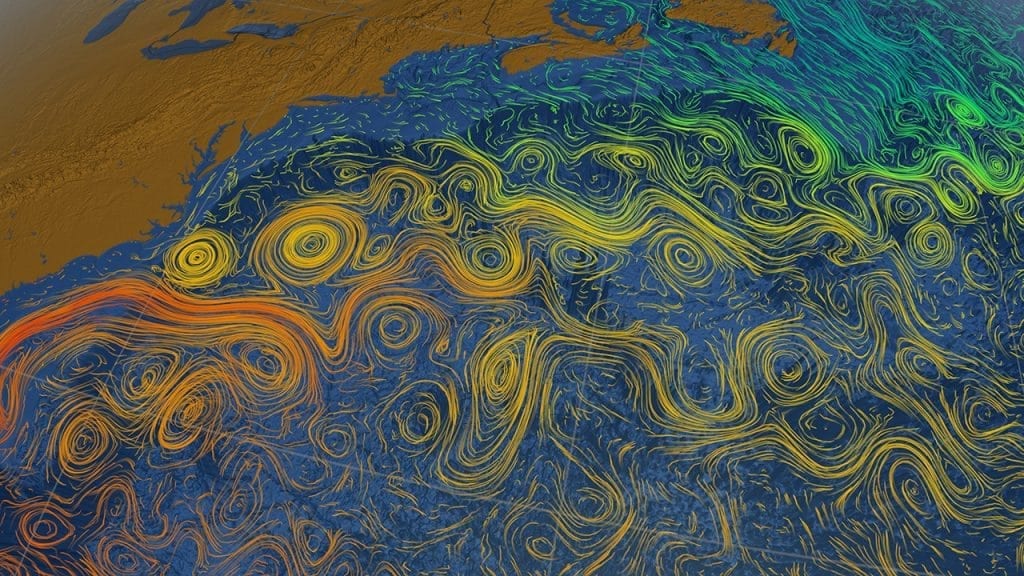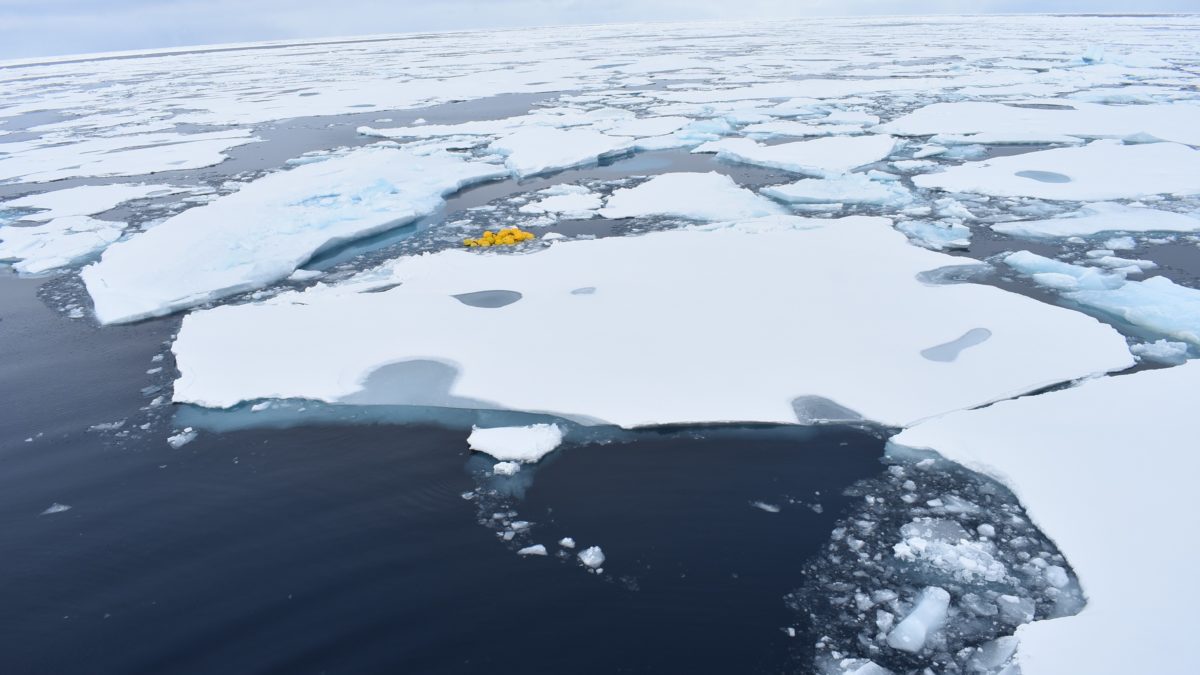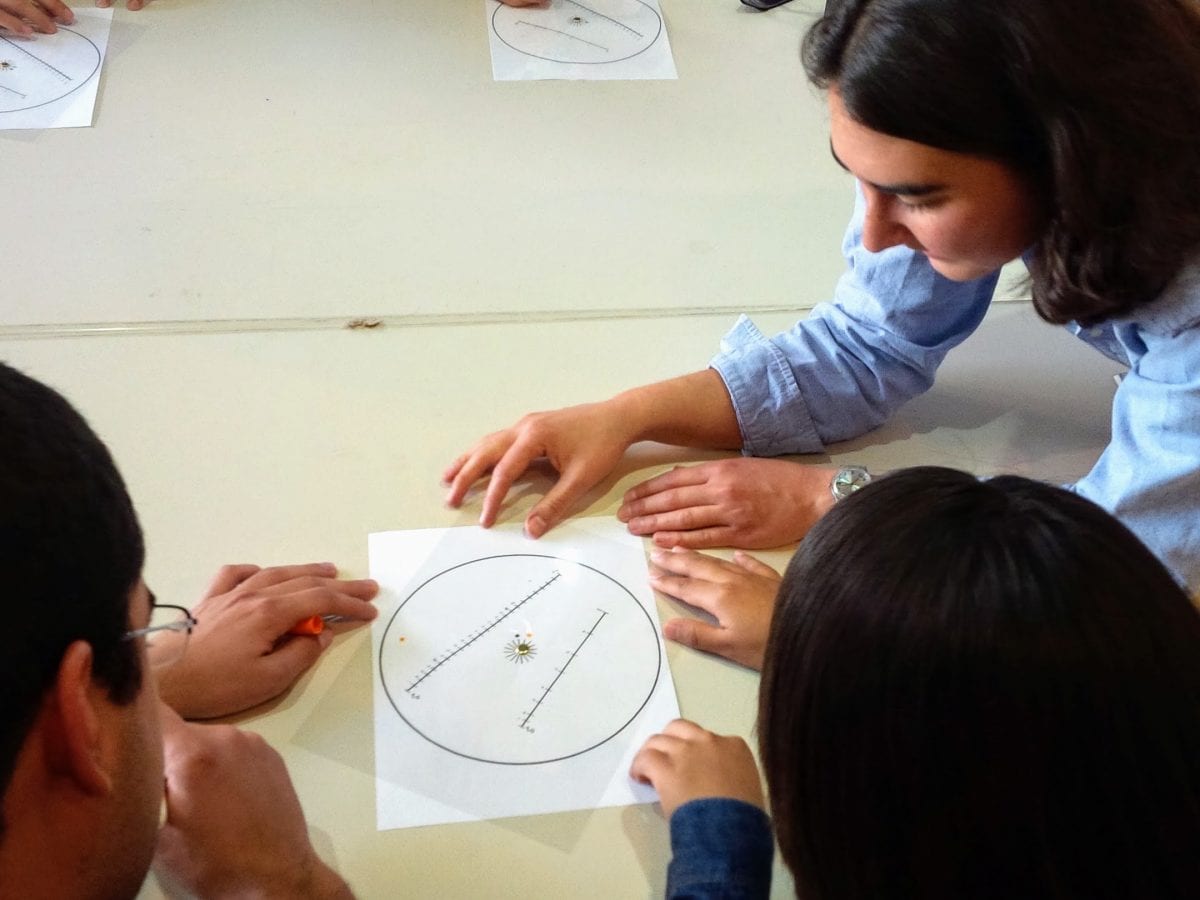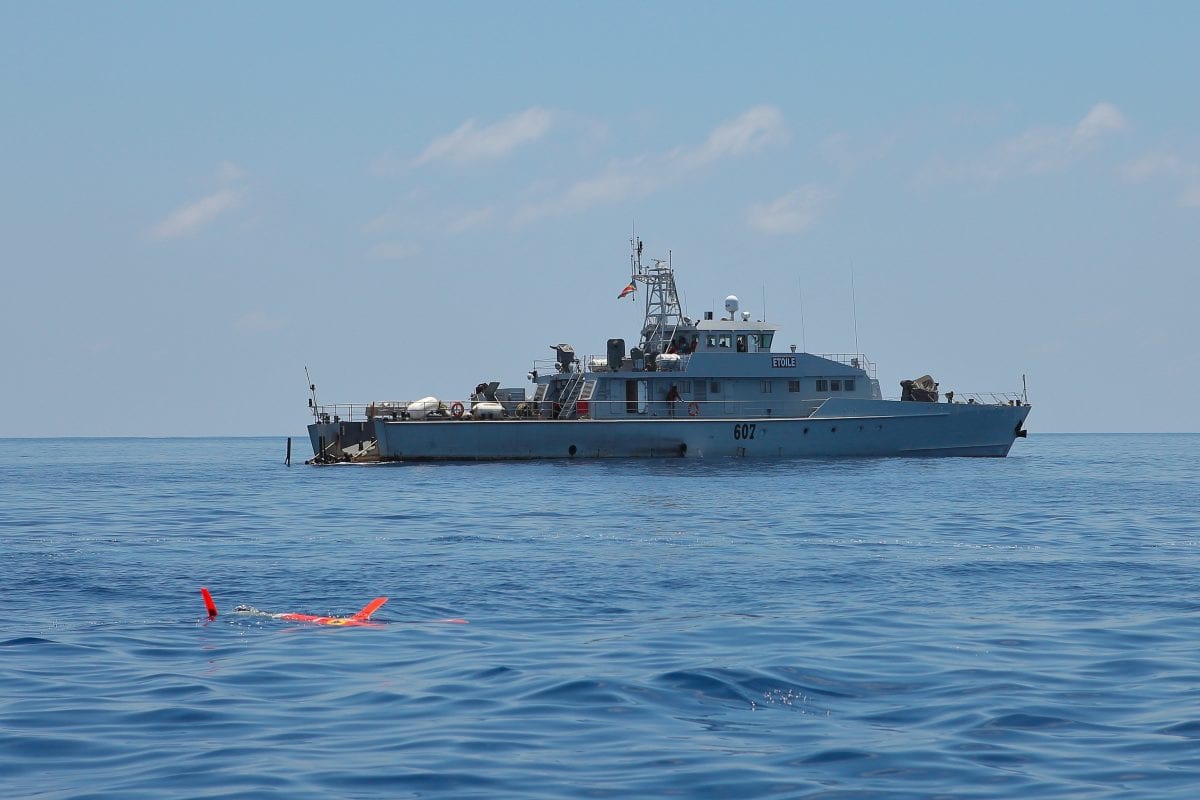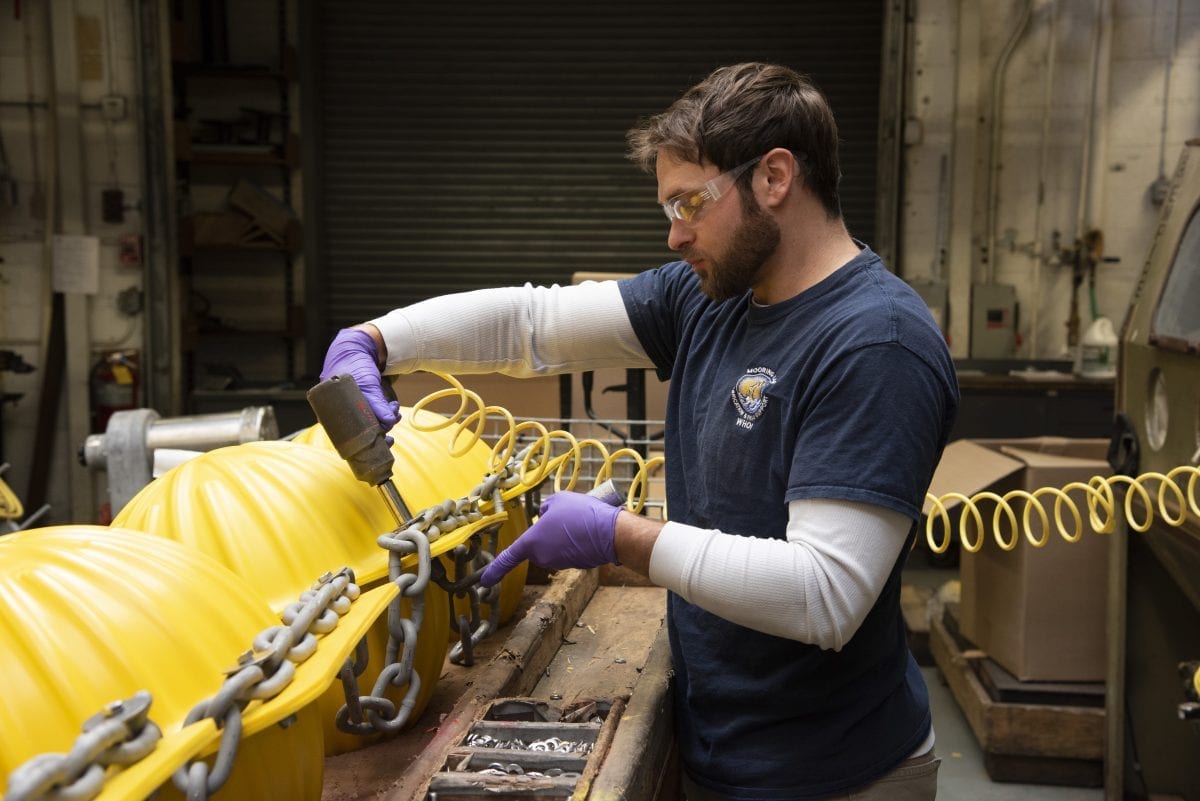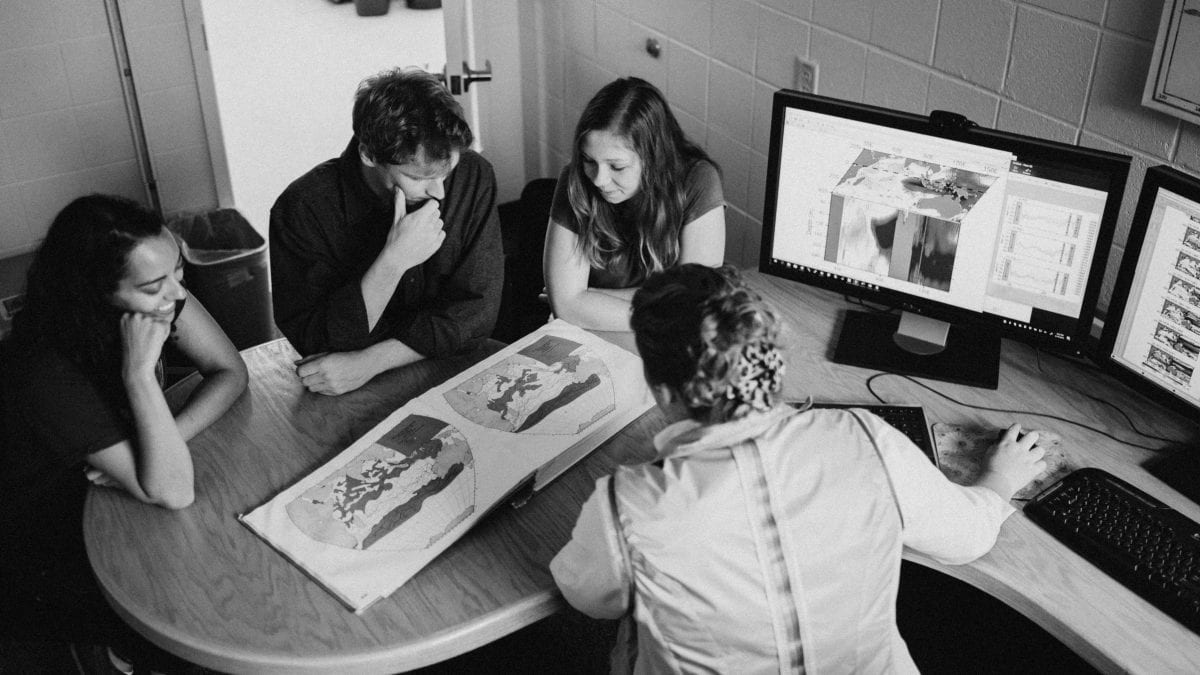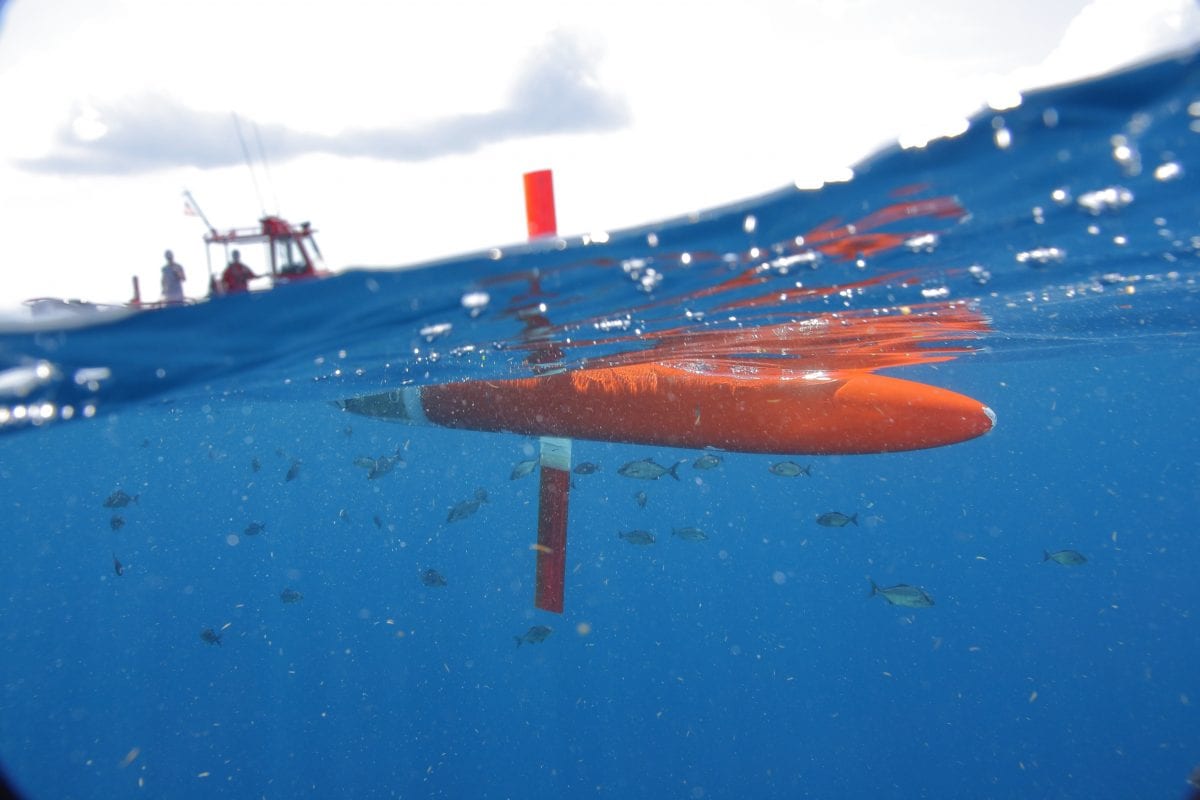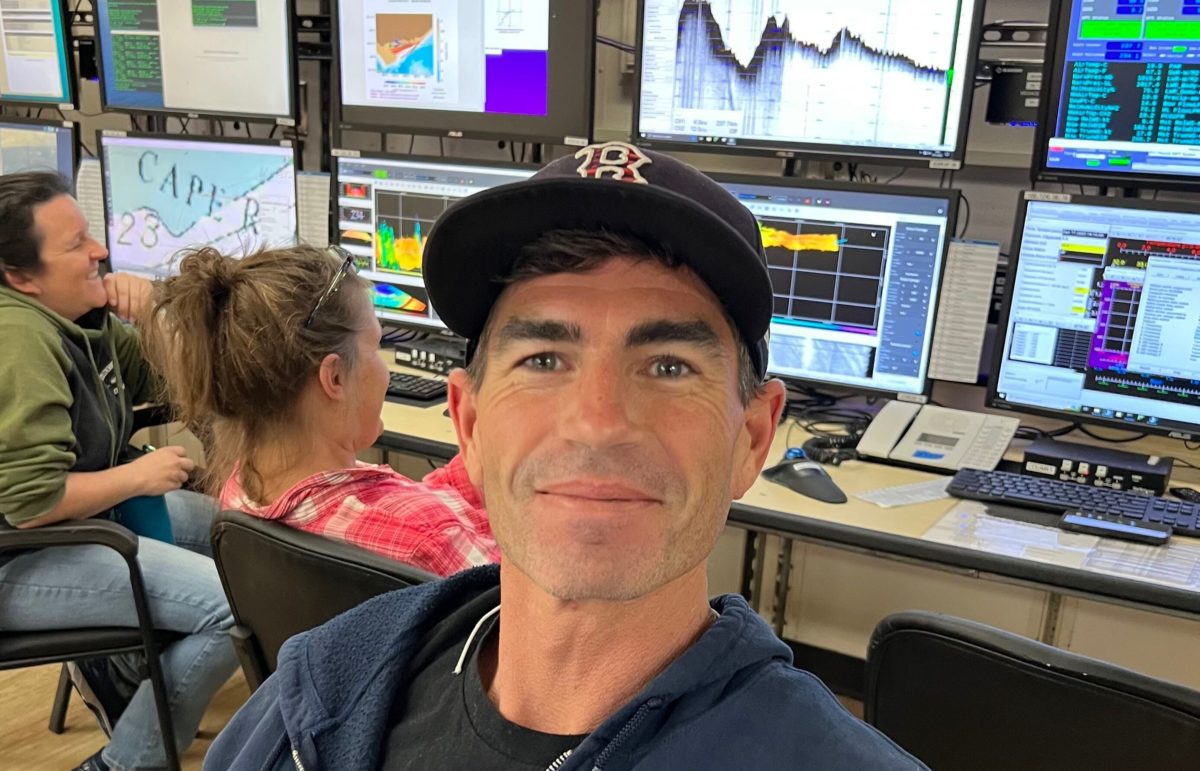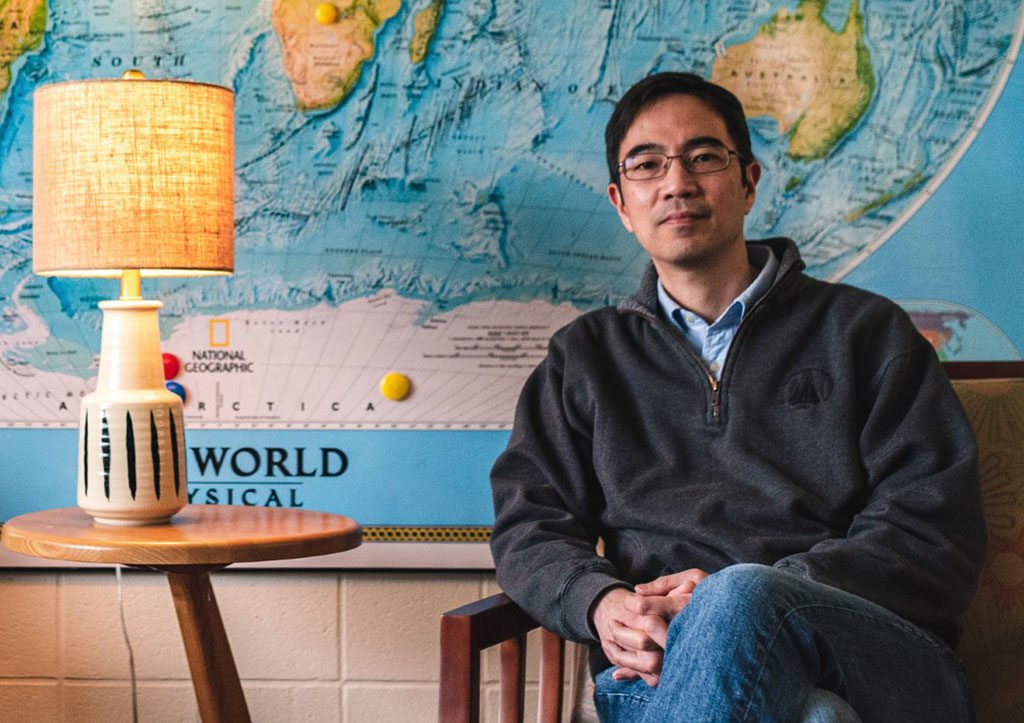Physical Oceanography
The ocean plays a critical role in Earth’s climate and is necessary to sustain life on our planet, yet we still have much to learn about how it is changing due to natural and anthropogenic forces. As physical oceanographers, we make new observations of the oceans and use physics, mathematics, computer models and statistics to better understand how the oceans work and make more accurate predictions of how they may change in the future. The Physical Oceanography Department at WHOI is home to nearly 150 scientists, technicians, engineers, students and administrative support staff who are addressing fundamental questions in fluid dynamics and applying knowledge on the ocean’s physical environment to help solve some of the most critical issues facing society today. Among the many diverse and inter-disciplinary topics being studied at WHOI are:
- heat and carbon storage and transport in the oceans
- sea level rise
- oceans and hurricanes
- the water cycle
- Arctic changes
- impact of ocean temperature variations on fisheries
- past climates
- autonomous vehicles and drifters for regional and global observations
- sustained measurement systems for long-term ocean and atmospheric monitoring
- new methods for observing oceans from space
WHOI’s Physical Oceanography department was officially established in 1962, with a scientific staff of 20 and Fritz Fuglister as its first Chair. Department members are increasingly collaborating across traditional disciplinary boundaries to peel back the layers of complexity inherent in Earth’s natural systems.
The department actively participates in the MIT/WHOI Joint Program in Ocean Science and Engineering, with staff teaching courses and advising graduate students. Every summer, about six undergraduate students learn about physical oceanography by working on a research project guided by department scientists. The Department also hosts Post Doctoral scientists who gain research experience during their appointments while also providing an influx of new ideas.
The Department has a strong tradition of seagoing science, and maintains leadership in open ocean, coastal, and Arctic observational studies. The seagoing staff has evolved into a number of technical and scientific groups with specialized expertise and equipment. While ocean observation remains a core strength, the Department also has expertise in analytical and numerical studies to develop better understanding of fundamental ocean processes, which in turn stimulates and supports the seagoing science.
Young-Oh Kwon, Chair
Physical Oceanography Department

